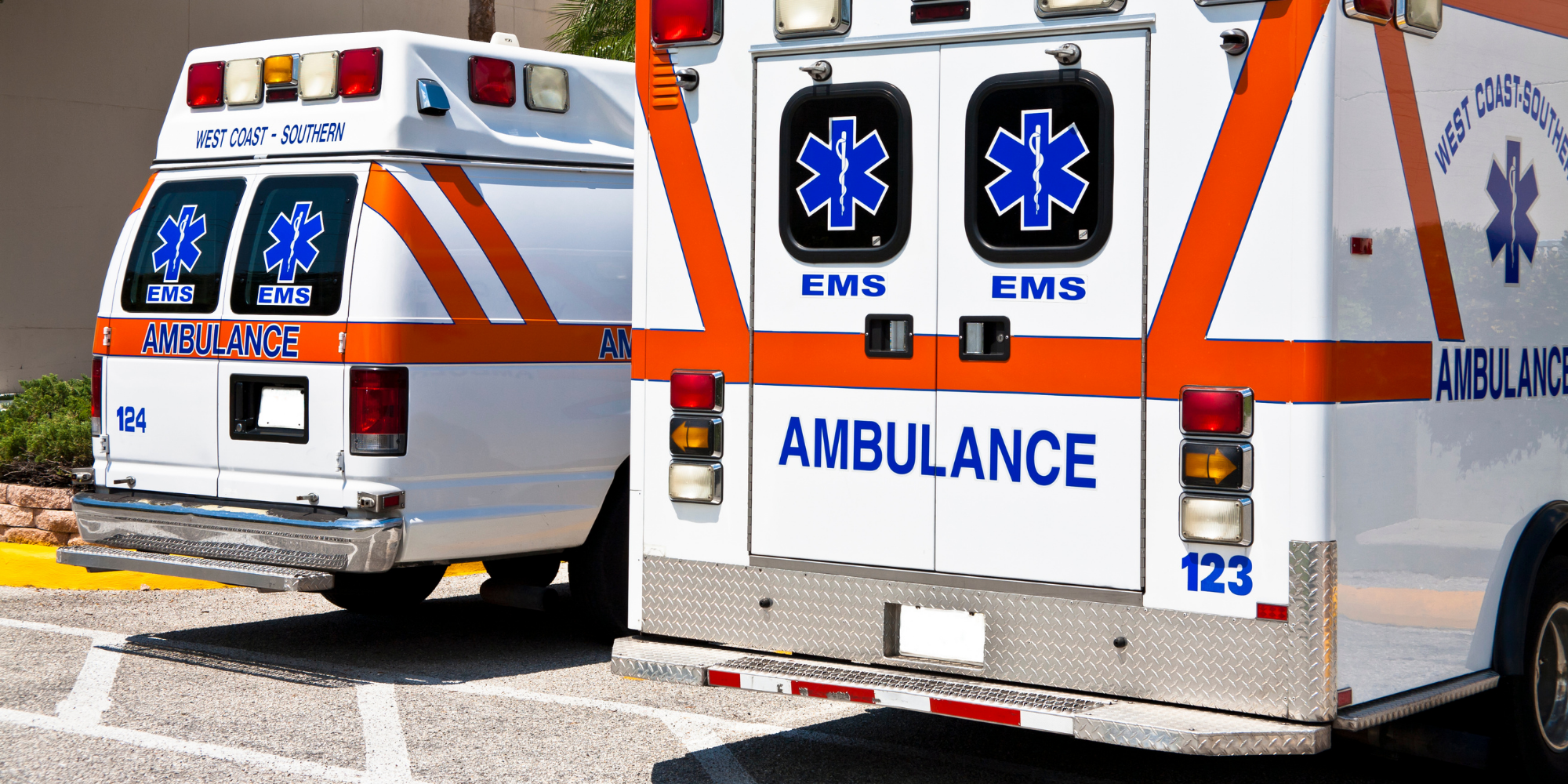Of the more than 650,000 calls made daily to 911 in the United States, only 25% relate to a crime in progress. Yet police are often the default responders to complex, non-criminal matters. Cities find themselves stuck in this emergency response status quo due to decades of precedent, perpetually understaffed and underfunded local health departments, and the need to dispatch help as quickly as possible. Meanwhile, the police and community alike suffer when officers are dispatched to health-related emergencies they were never trained to handle – especially in communities of color where an improper response from police can exacerbate already tenuous relations.

Fortunately, cities across the country have recognized the opportunity to improve their emergency response systems by linking emergency health response to public health workers instead of law enforcement and are taking it upon themselves to implement policy solutions.
Dozens of programs in cities like Chicago, Washington, DC, Philadelphia, Albuquerque, and Indianapolis aim to deploy a more diverse group of professionals, including public health and mental health practitioners, to work both alongside as well as in lieu of police, emergency medical technicians, and firefighters. The aim of these programs is to divert individuals experiencing behavioral health crises away from the criminal justice system – an effort that has been generally lauded by leaders in law enforcement and public safety, clinicians, policymakers, community advocates, and elected leaders.
Now many cities and municipalities find themselves in the unique position of having both the opportunity and resources to replicate and build upon successful strategies to better serve community members through emergency response – particularly those from historically marginalized and vulnerable communities. Available federal funds from the American Rescue Plan Act (ARPA) continue to be available for local use and can finance efforts to expand mental health services and diversion programs. Additionally, the bipartisan passage of a comprehensive infrastructure package late last year will allow community leaders to bring the technology and infrastructure 911 professionals rely on into the 21st century.
With access to once in a generation funding currently available, the onus falls to local officials to lead. They must turn successful crisis intervention pilot programs into permanent ones. In cities that have yet to adopt more health-focused crisis response plans, now is the time to do so. The time for innovation is now.
In addition to examining the work of counterparts in city halls across the country, local officials can also look to those working on the frontlines of emergency response itself. Transform911, an initiative of the University of Chicago Health Lab, is facilitating a collaborative, evidence-based process to transform the nation’s emergency response system. Leaders from public health, academia, government, philanthropy, tech, and public safety—along with advocates and local elected leaders—are identifying policies to transform the nation’s emergency response system to better align with the needs of communities across the country. The initiative is currently seeking feedback to draft recommendations and will soon unveil formal policy recommendations that, if implemented, could holistically transform the nation’s emergency response system for the better.
Input from local leaders is critical to getting this right. The 911 response system can only be as effective as the options 911 professionals have for deploying people best trained to meet the need. This requires everyone coming to the table to figure this out. The transformation of emergency response begins in America’s cities.

About the Author:
S. Rebecca Neusteter, PhD, Executive Director, University of Chicago Health Lab.
